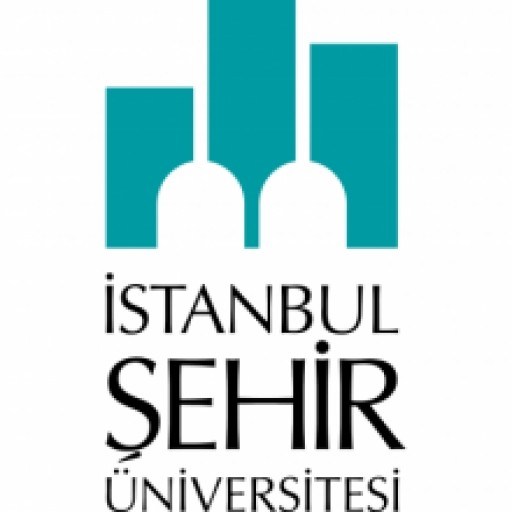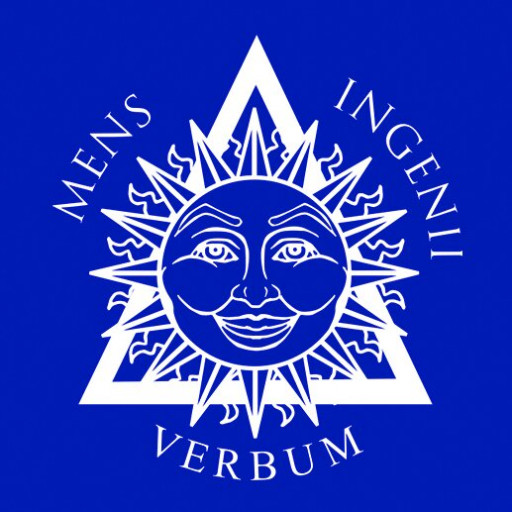Photos of university / #epflcampus
The master's program in electrical and electronic engineering responds to the growing needs of interconnected sectors of science and technology and will educate highly competitive researchers and professionals in the fields of electrical and electronic engineering.
Three orientations are offered : Electronics and Microelectronics, Information Technologies and Power and Energy. In addition to attending regular lectures offered by our internationally acclaimed professors, students will gain valuable practical experience with laboratory activities and research projects. This degree covers both theoretical foundations and practical aspects of the discipline.
Students will be prepared for a wide variety of careers in academia or in industry, such as electronics and microelectronics, information technologies (RF-engineering, photonics, signal & image processing), telecommunications, multimedia, mechatronics, power systems, biomedical instruments, electric drives and aerospace.
The program is an excellent preparation, for both the option of doing a PhD or working in industry.
Labs and Projects 20
- Lab in Acoustics 4
- Lab in EDA based design 4
- Lab in Electrical Energy Systems 4
- Lab in Microelectronics 4
- Lab in Microwaves 4
- Lab in Signal and Image Processing 4
- Lab on Apps Development for Tablets and Smartphones 4
- Project in Electrical Energy Systems 10
- Project in Information Technologies 10
- Project in Micro and Nanoelectronics 10
- Project in human and social sciences 6
Possible specializations
- A Digital Design and Computer Engineering
- B Analog, Mixed-Signal and RF Design
- C Data, Signal & Image Science
- D Communication Technologies
- E Optoelectronics and Optics
- F Advanced Control and Communication for Power Systems Operation
- G Renewables and Energy Conversion Systems
Core courses (one track to be chosen)
Micro and Nanoelectronics 20
- Analog circuits design I, II 4
- Hardware systems modeling I, II 4
- HF and VHF circuits and techniques I 4
- VLSI design Fundamentals and advanced
Information Technologies 20
- Image analysis and pattern recognition 4
- Mathematics of Data: From Theory to Computation 4
- Microwaves 4
- Photonic Systems and Technology 4
- Wireless Receivers: Algorithms and Architectures
Smart Grids Science and Technology 20
- Industrial electronics I 4
- Mathematics of Data: From Theory to Computation 4
- Multivariable Control and Coordination Systems 4
- Power systems dynamics 4
- Smart grids technologies
Optional courses
- Advanced analog and RF integrated circuits design I B 2
- Advanced analog and RF integrated circuits design II B 2
- Advanced computer architecture A 4
- Advanced lab in Electrical Energy Systems F G 4
- Advanced lab in Electrical Engineering A B C D 4
- Advanced multiprocessor architecture A 6
- Advanced signal processing A C 3
- Advanced Wireless Communications: Algorithms and Architectures D 3
- Analog Circuits for Biochip B 3
- A network tour of data science C 3
- Applied machine learning C 4
- Audio B C 3
- Automatic speech processing C 3
- Bioelectronics and implantable biomedical microelectronics B 3
- Biological modeling of neural networks 4
- Biomedical signal procesing 6
- Biomicroscopy I E 3
- Biomicroscopy II E 4
- Bio-nano-chip design 3
- Brain computer interaction 3
- Compound semiconductor electronic devices E G 3
- Data converter circuits and systems A B 3
- Design technologies for integrated systems A 6
- Discrete optimization F 4
- Distributed information systems F 4
- Electrical filters B 3
- Electromagnetic compatibility G 2
- Embedded systems A 4
- Energy conversion and Renewable Energy G 3
- Energy storage systems G 3
- Flexible bioelectronics B 3
- Fundamentals and processes for photovoltaic devices G 3
- Fundamentals of biosensors and electronic biochips B 3
- HF and VHF circuits and techniques II B 2
- Hydropower plants : generating and pumping units G 2
- Image and video processing C 6
- Image communication D 4
- Image optics 3
- Industrial automation G 3
- Industrial electronics II G 4
- Information theory and coding A B C D 7
- Integrated circuits technology B 2
- Introduction to computer graphics C 6
- Lasers: theory and modern applications E 3
- Media security 6 Mobile networks D 4
- Model predictive control F 3
- Modeling of emerging electron devices B 3
- Nanoelectronics A B 2
- Optical communication D E 3
- Optical detectors E 3
- Optical waves propagation E 3
- Optics III E 4
- Optimal decision making F 4
- Physical models for micro and nanosystems B 2
- Physics of photonic semiconductors devices E 4
- Power system restructuring and deregulation F 3
- Propagation of acoustic waves D 3
- Propagation of electromagnetic waves D 2
- Quantum Electrodynamics and Quantum Optics E 4
- Quantum optics and quantum information E 4
- Real-time embedded systems 4
- Réseaux hydrauliques et énergétiques G 3
- Selected topics in advanced optics E 3
- Semiconductor physics and fundamentals of electronic devices E 4
- Seminar in physiology and instrumentation 2
- Sensors in medical instrumentation 3
- Signal processing for functional brain imaging 3
- Space mission design and operations 2
- Speech processing 3
- Systems and architectures for signal processing A 2
- TCP/IP Networking D F 5
- Test of VLSI systems A 2
- Wave propagation along transmission lines D F 2
- Candidates should have excellent academic records and a Bachelor’s degree in electrical engineering, electronics, telecommunications, computer science, physics, microengineering or any related field from a recognized university.
- Your resumé (curriculum vitae)
- Copy of your University degree(s) or Bachelor's degree. If you don't have your degree yet, you will bring it to the Registrar's Office upon registration at EPFL*.
- Legalized transcripts from each university you have attended.
- A statement of purpose. See hereunder for a more detailed explanation.
- Three recommendations (except holders of any EPFL Bachelor's degree applying in another field than their original field and except for candidates from another Swiss university applying to a Master in the same field of study as their Bachelor).
During the electronic application process, you will have to give the details of three referees, who will then be requested to produce recommendation letters for you directly to EPFL. See hereunder for a more detailed explanation. - Your identity card or passport.
- For foreigners who already live in Switzerland: your residence permit.
- Extra documents such as TOEFL or GRE scores, research publications or other portfolios of your previous work, are welcome but not compulsory. We will only consider documents uploaded in your online application form. (No documents sent by postal mail).
-
Application fee CHF 150.
Scholarships
- Excellence Fellowships






